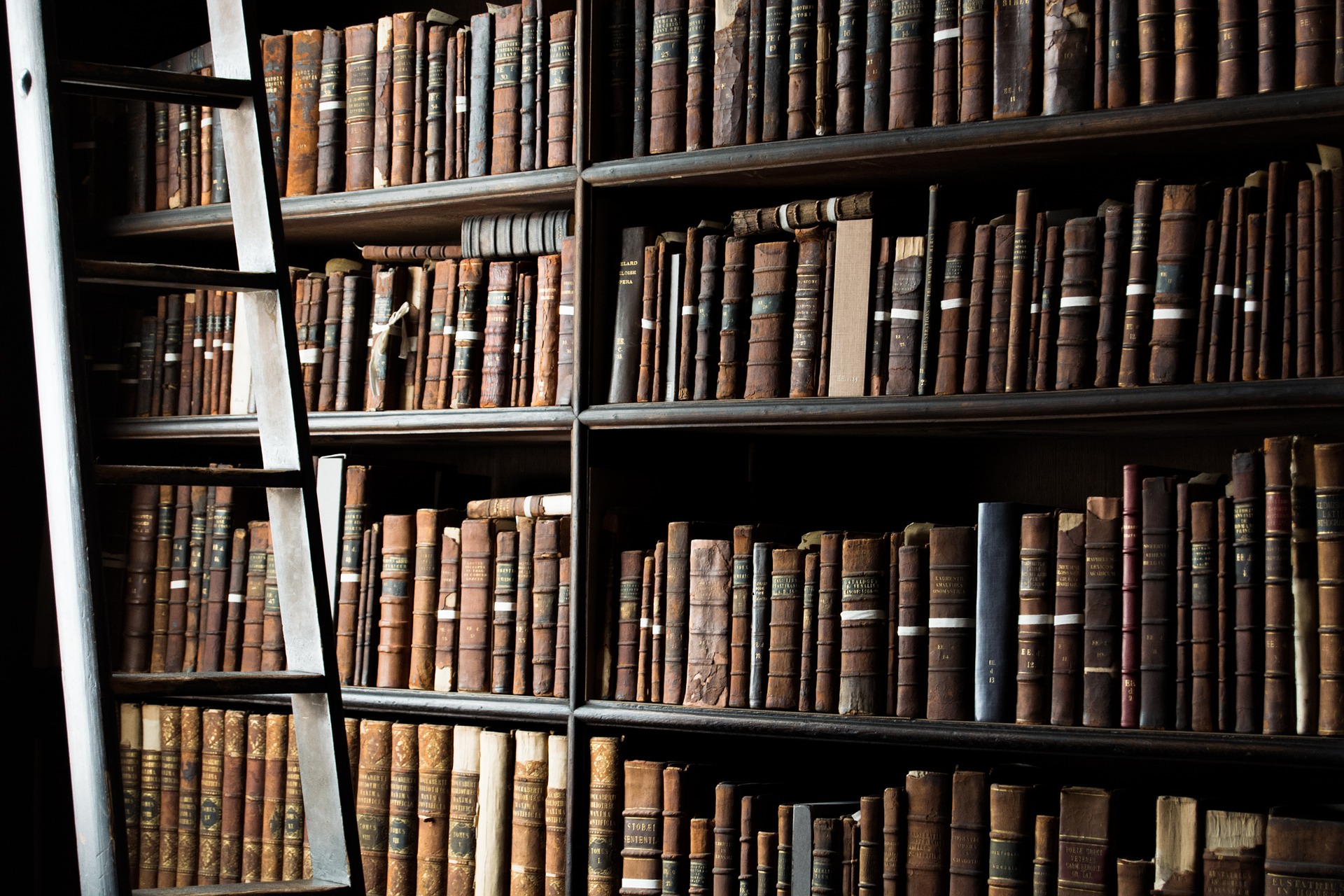Pitch
In 1934, the Marxist and Modernist poet Louis Zukofsky was labelled a ‘detached recorder of isolated events’ by his communist contemporaries, a writer who ‘identifies life with capitalism, and so assumes that the world is merely a wasteland’. Poetry and Real Politics charts the trajectory of this tension between avant-garde poetics and vanguard politics since the twin legacies of Modernism and the Great Depression. The book’s radical reappraisal of twentieth-century experimental poetry in the US reads major figures including Charles Olson, Denise Levertov and Amiri Baraka within a new approach to traditional notions of historical context, exploring the ways in which poetry can properly be said to respond to political crises. Opposing the current critical focus on the politics of aesthetic form, Hickman explores the direct and practical relationships avant-garde poets have had with power politics, social organization and cultural movements, providing a timely commentary on the role poetic culture might play in political struggle going forward into our own various contemporary crises.
Synopsis
Poetry and Real Politics contributes to the growing interest in the social function of poetry by analysing the history of the US poetical avant-garde through the lens of realpolitik, exploring the political role of poetry and poets in various periods of crisis. By ‘real politics’, the study infers a number of meanings excluded from nearly all histories of American avant-garde poetry. Firstly and most simply, the study takes the term to mean, as its roots in Machiavelli suggest, a conception of history rejecting any notion of transhistorical political truth. Secondly, it investigates the class politics discussed in evaluations of more mainstream American poetry but neglected in accounts of the avant-garde, to which it must be a central consideration. Thirdly, the study understands by the term ‘real’ a direct and practical relationship with power politics, social organization and cultural movements, as opposed to the exclusively theoretical conception of the political as encapsulated in the contemporary meaning of the word ‘poetics’. Ultimately, the study will revise the critical tendency to discuss the politics of twentieth-century American poetry in the abstract and transhistorical terms of language, democracy and commodification by examining concrete examples of response, resistance and activism in Modernist and contemporary work. It will, that is, seek a politics of poetry by looking beyond the Word. Using particular crises ranging from the Depression to McCarthyism, from Vietnam to Reaganism (see table of contents), Poetry and Real Politics will satisfy the need for a historical account of the avant-garde that does not simply present history as a ‘background’ against which poets work, or a set of hostile forces before which they are passive victims. Similarly, in so grounding the US poetic avant-garde, the book will investigate how and whether poets can successfully be in politics rather than outsiders observing its various injustices or imagining infinite utopias. In sum, the book’s revaluation of innovative and experimental American poetry will make a strong contribution to contemporary debates about the public value of literature.
